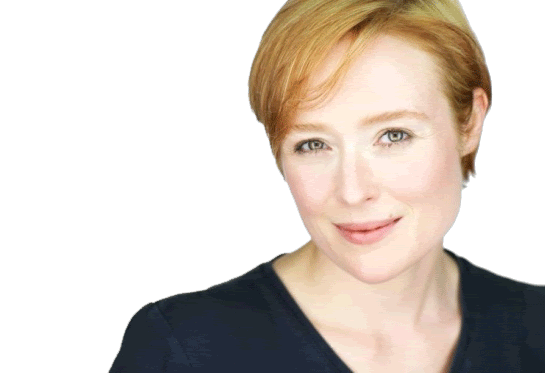“There are only four or five studio projects that I like,” she said as we left the trailer. “And two of them Rachel Weisz is doing.” One non-Weisz part intrigued her. It was in a script called “Pride and Glory” about an Irish-American clan of cops; Farmiga would play a woman stricken with cancer. Earlier that same day, she refused a cookie because she said she felt that a woman undergoing chemotherapy would be noticeably concave. Farmiga didn’t have the part yet, but she was already dieting. “I want to shave my head,” she said as we sloshed through icy puddles on the way to her car. Mentally, imaginatively, she was somewhere else, probably in America, maybe in a hospital gown, with a terminal disease. “Bald caps never look right,” she continued. “There are imperfections in the scalp that they don’t capture. And you want the imperfections. Without those, there’s no character.”
...
Farmiga did not get the role of the cancer patient in “Pride and Glory” — it went to an English actress named Jennifer Ehle.
(English - oy vey)
There's a discussion about the lack of strong parts for women, though Ms Ehle's answer from El Interview Ginormo (q37, Part I) is more interesting than the studio economics rah rah in the lengthy article, imho.
This is such a complicated question; and I am having trouble distilling my thoughts on it down to anything concise. I think that in our culture we are simply not used to having our myths and stories told through the woman — so that stories which do have female protagonists are usually relegated to being about being female, rather than being human. Most of the women in our stories are devices which enable the (usually) male protagonist’s tale to be told; and so, we usually watch the women, rather than see through their eyes.




No comments:
Post a Comment